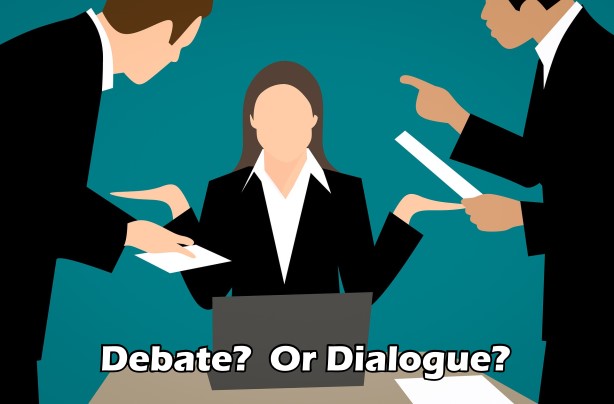In this week’s Tune-up Tuesday video tip I spoke of wanting to spend some time with a man I have only known mostly at a distance – so we did a breakfast together just a few weeks ago. I spoke further about the impact he made on me by how much time he took to express interest in me, rather than seek my interest in him.
This same man turned out to be the speaker I heard this week – at a gathering called Impact Wichita. His name is Damon Young.
I was struck by a number of points Damon made, but one big takeaway for me was listening to him speak of how we are ALL important…even that person whom we might deem to be less important. Hearing about Damon through the person who introduced him, and then listening to Damon share, I heard more of how and why he values others and takes the time to be interested in them. I was stirred and grateful to have heard him speak.
As I write this, I think how ironic it was/is that he spoke at a gathering entitled IMPACT Wichita. Here’s why:
If you want to IMPACT the world around you, you must seek to be interested in others – rather than seek the others’ interest!
I don’t know about you, but more often than I’d like to admit, I struggle with the urge to get others interested in what I have to offer. And to the degree I give into the urge, the pressing matter becomes about me and the impact I want to make.
While listening to Damon speak, I looked around me and began to think of how each person in that room has a talent, a gift, an opportunity to have an impact upon those around them. In whatever conversations I have, do I want to help others discover how they can have an impact by being interested in their lives? Or do I want to make/keep the focus on getting them to help me? There’s a lot to think about here. I’m not saying we don’t think about our talents, gifts, etc. But when and how often am I thinking of mine vs someone else’s? And when should I focus on mine or when on someone else’s? As I said – a lot to think about.
Damon’s final challenge, and perhaps my final take away was his thoughts on a concept in the Bible most have heard if you grew up in the church. It is the idea that though we are in this world, we are not supposed to be “of this world.”
Stay with me a minute on this one.
Damon made a bold observation that I think is correct. Most who consider themselves Christians have (consciously or unconsciously) taken the concept above to mean that we should steer clear of people (or where they hang out) who do not think like we think when it comes to God because we are not “of this world.”
I have a good friend Nathan who has a church in a brewery in town and I think it is awesome! I love going myself whenever I can and having a beer with everyone there as we explore who Jesus is and what it means to follow Him. Nathan has struggled however with MANY “Christians” who think he is really off base – that he should not be there because he is then being “of the world.” I disagree. Those who attend would never step foot in a church “building.” How then might we ever have a chance to love them, invite them into the family, and learn how they too can have an impact in this world?
Damon ended by saying, he thinks we have twisted what Jesus meant:
FROM the idea: “Be in this world but not ‘of’ it.”
To: “Don’t go into this world – period.”
Don’t go into the world where “other” people are who don’t believe like we do. When we think like this, we create a distance between us and “them” which sadly, only pushes them further away rather than invites them IN. And all the while, we become just as much a part OF the “world” in our struggles with greed, money, lust, power, control, anger, fear, etc.
Whew!
Again – a LOT to think about there!
Remember: If you want to IMPACT the world around you, you must seek to be interested in others (which requires being with them!) – more than seek the others’ interest!
Take some time to ponder – and let me know your thoughts below in response to this week’s “Further thoughts…!”

